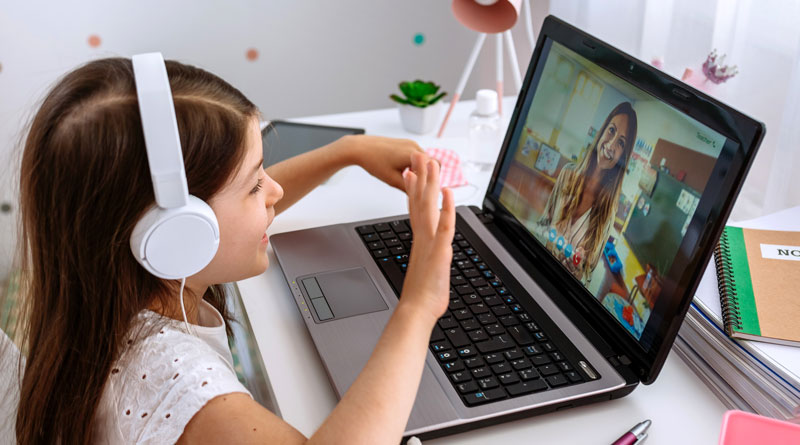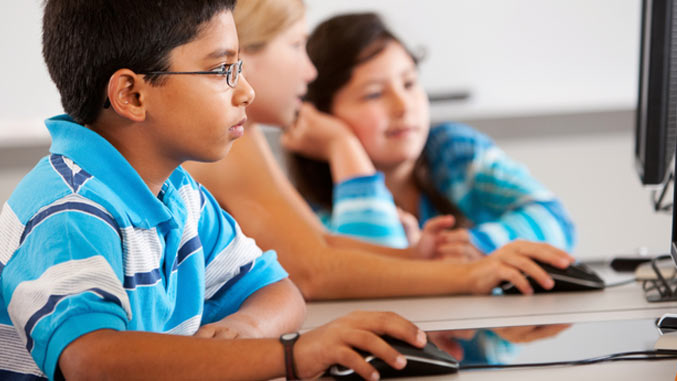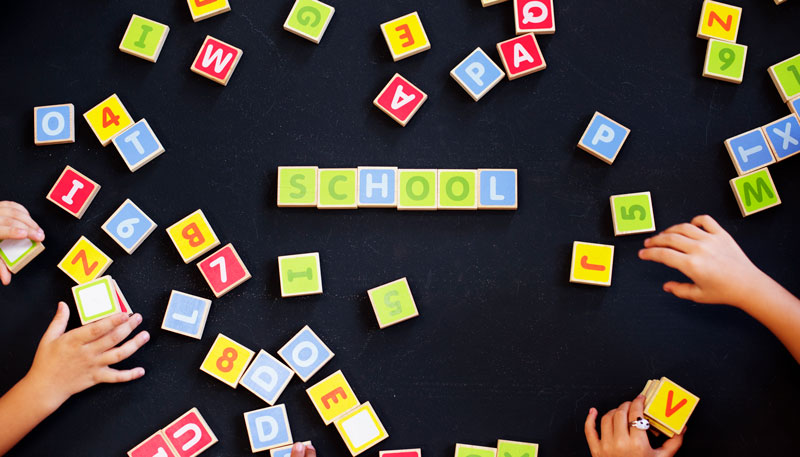
Modern Teaching-Learning Methodologies Adopted By Award-Winning Institutions
Modern Teaching-Learning Methodologies Adopted By Award-Winning Institutions
Modern schooling is much more than text bookish knowledge! A good school is one that not only imparts education based on the syllabus but goes beyond in shaping the student’s personality. In today’s rather competitive age, knowledge is not the sole measure of success. An all-rounder person who has made it to the desired stature has important character traits which include; creativity, self-discipline, passion, problem-solving skills, and commitment to continuous learning.
The modern learning process involves students to be more active participants, rather than being recipients or spectators during the teaching sessions. This method involves teaching students to develop their intellect and behavior. The teacher’s role is that of a facilitator who guides children in the right direction and helps them focus on learning through self-development.

Modern Teaching-Learning Methodologies include
Inquiry-based learning
‘Ask and you shall receive’ is a famous line from the bible and today it is apt in our education system, with a slight modification of course – ‘Ask and you shall learn’. Inquiry-based learning is asking children to be more curious and triggering a spark such that children are able to answer questions themselves. The main aim is to learn something new by making efforts to delve deep into the topic and subsequently find the answer to the question through research and some guidance from the educator. The student comes forth and asks questions like; ‘when boiling water, where does the evaporated water vapor go?’ or ‘why is it day in UAE and night in New York City?’. Instead of the teacher giving a direct answer, she could encourage her class to find out the correct answer themselves, thereby promoting critical thinking and making children more independent.
Collaborative Learning
Schools often assign group projects to students and expect the team to work together. The advantages of group work are manifold. Classmates get to brainstorm and exchange ideas, thereby broadening their perspectives. They learn to respect each other’s viewpoints and develop communication skills. When roles are assigned amongst group members, a few assume leadership positions, thereby discovering their qualities of leadership. Collaborative learning also gets kids ready for life in the corporate world, where professionals are required to work within teams and achieve common goals.
Self-Learning
Learning independently has benefits to students, as they can pace up or scale down the pace of learning, as per their level of understanding. Some students learn better when left alone in peace, as they also get a chance to evaluate their thought-process and become deep thinkers. For self-learning, school has to first enable students with tools that support this learning process. For this purpose, schools choose ERP platforms to digitalize the learning material, so that students can access it from anywhere, including their homes. NLP is one such ERP software adopted by schools across UAE and GCC Countries to improve the teaching-learning process. NLP’s LMS or Learning Management System includes digital content in sync with the syllabus of CBSE, ICSE, IGCSE schools in any part of the world including Dubai in the Middle East. Self-directed learning teaches students to set learning goals and immerse wholeheartedly in the learning process.
Learning Through Gamification
Gamification! Yes, you read that correctly! When studies become boring and monotonous, students can shift to playing quizzes and conquering new levels to reach the moon, on e-learning apps. There are apps even dedicated to subject-specific learning and feature activities that are on basis of the topics covered in school. The most famous math apps that feature math games are; SumQuest, Gojimo, Mathway, etc. For developing language skills, download the following apps; LigoKids, Monkey Junior, Fun English, etc. Children can even challenge other classmates to a game via these apps and thereby use healthy competition to their advantage.



















Recent Comments